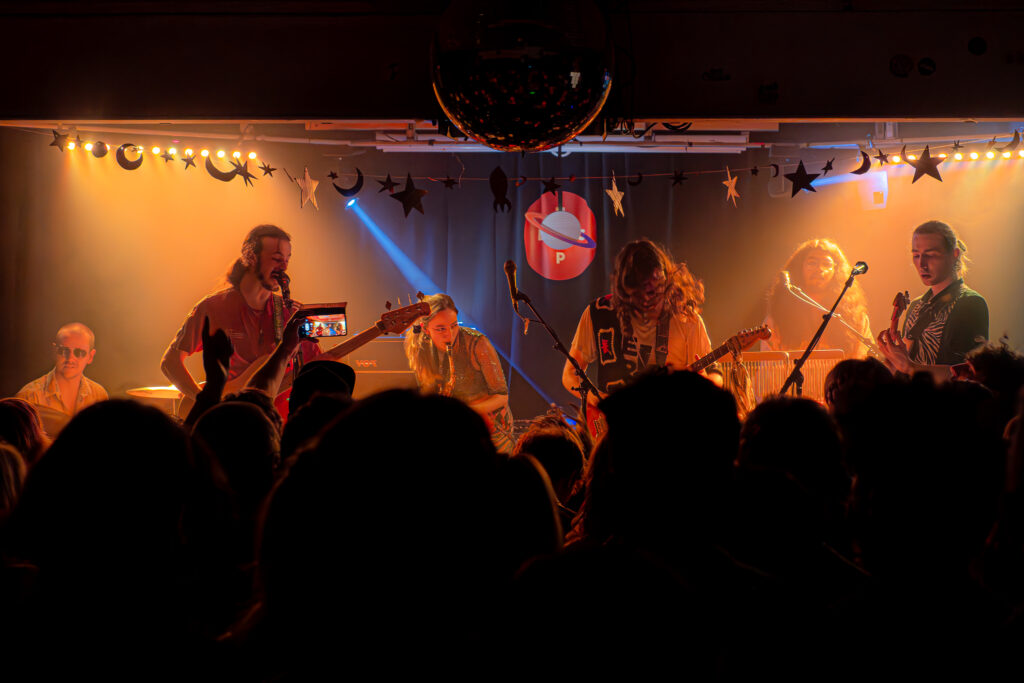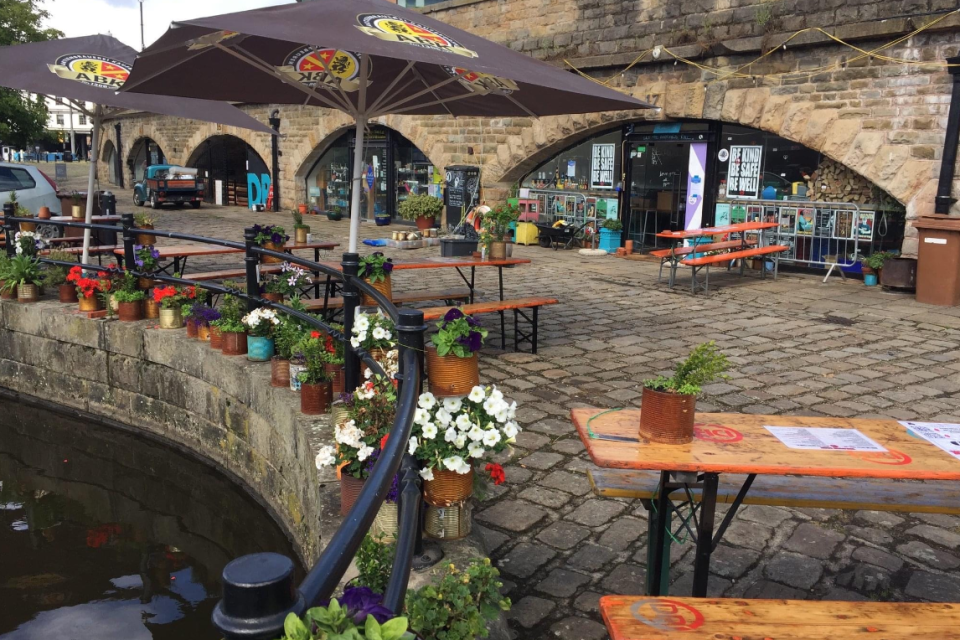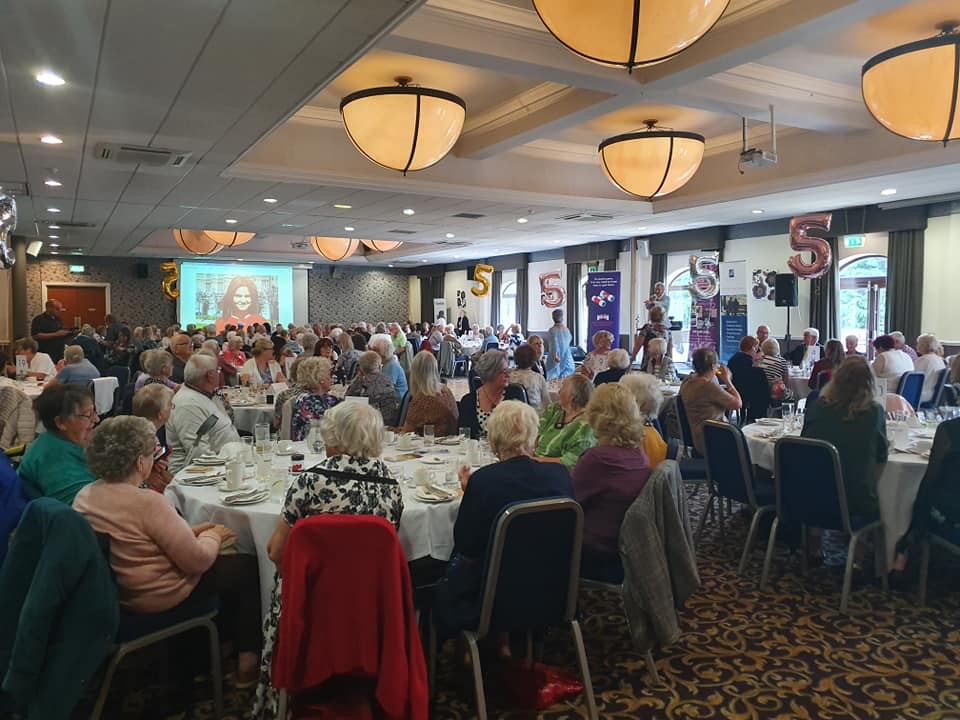Post updated on Wednesday 05/03/2025 after news regarding Dorothy Pax
Live music venue the Dorothy Pax has announced its immediate closure today, the second to close its doors in Sheffield in two weeks.
In a statement on Instagram, the venue says it has “exhausted every possible avenue over the last year or so to keep on going”, but that keeping its doors open has become impossible.
The Dorothy Pax’s situation isn’t unusual, however. Over 40% of grassroots venues in the UK are losing money, according to figures from the Music Venue Trust.
These costs are weighing on Sheffield’s live music scene, which has already seen two blows recently with the Leadmill set for eviction and the closure of nightclub Hope Works in February.
Venues are facing a squeeze on income amidst rising costs of living, as well as greater expenses through business rates and higher national insurance contributions coming in April.
While the blame is often laid at the feet of poor management, Maurice Champeau, General Manager at Crookes Social Club, thinks this is only a small part of the problem.
He guesses the amount having this issue is “about 20%”, but stresses the need of venues to adapt, with the Social Club hosting comedy nights as well as letting rooms out for functions.
He said: “We’ve had to look internally at ourselves at all music venues and say, how can I best make this work?
“People’s ability to spend cash is reducing year on year. So, we’ve got to make it more justifiable for people to spend the money on tickets. How can I make it productive?”

One widely discussed issue is the growing chasm between smaller and larger venues.
Ticketmaster owner Live Nation made £17.8 Billion in revenues across 2023, a year that saw 125 grassroots venues close, a 13% decrease.
Mr Champeau believes that rift is only getting larger, and Jacob Kendrew and Scarlet Bishop of the band Flat Moon agree.
With medium sized venues often paying as little as £50 to supporting bands, the step up from smaller venues is near impossible. Combined with smaller margins from ticket sales, growth is harder than ever for artists; Hawley jokes that the band is “essentially a t-shirt selling company”
Discussing how little money there is in grassroots music, Bishop says the issue is endemic.
“This isn’t sustainable, and we just accept that, everyone accepts it as if that’s just the case. That’s not going to be able to keep happening.
“It’s going to become so underground that you can’t find any new artists.”
This is no small worry for the UK’s music industry.
Whilst the band describe independent and ‘commercial’ music as two separate industries, the latter is dependent on the former to produce new talent.
English Teacher are a clear example of this. Winners of last years Mercury Prize, the bands’ singer Lily Fontaine told a House of Commons committee that their bands’ genre would be “non-existent” without the smaller venues that groups initially begin touring in.
Financial constraints don’t just threaten UK music’s talent pipeline, they also make it less accessible, says Mr Champeau.
“I would love to put a disabled access lift to my stage, because there are lots of acts who want to play here, but have people who need wheelchair access to the stage.
“I can’t provide them with that.”
Working off thin profit margins, the £20,000 it would cost him to install a lift isn’t feasible.
“These people have got a right to perform their music, and I should be in a position to allow them to perform”
Solutions have been discussed to help support the industry. Levies on arena and stadium shows to support grassroots venues are widely accepted as necessary throughout the industry, but whilst Bristol launched a voluntary levy recently, Sheffield has no such scheme locally or nationally.
Such a levy would be transformative, helping to support an industry that generated over £6 billion for the economy in 2023.
To look at the figures, it becomes clear that the Dorothy Pax’s situation is not unusual. Without further support, the future of a cultural scene that the city prides itself on is far from certain.




